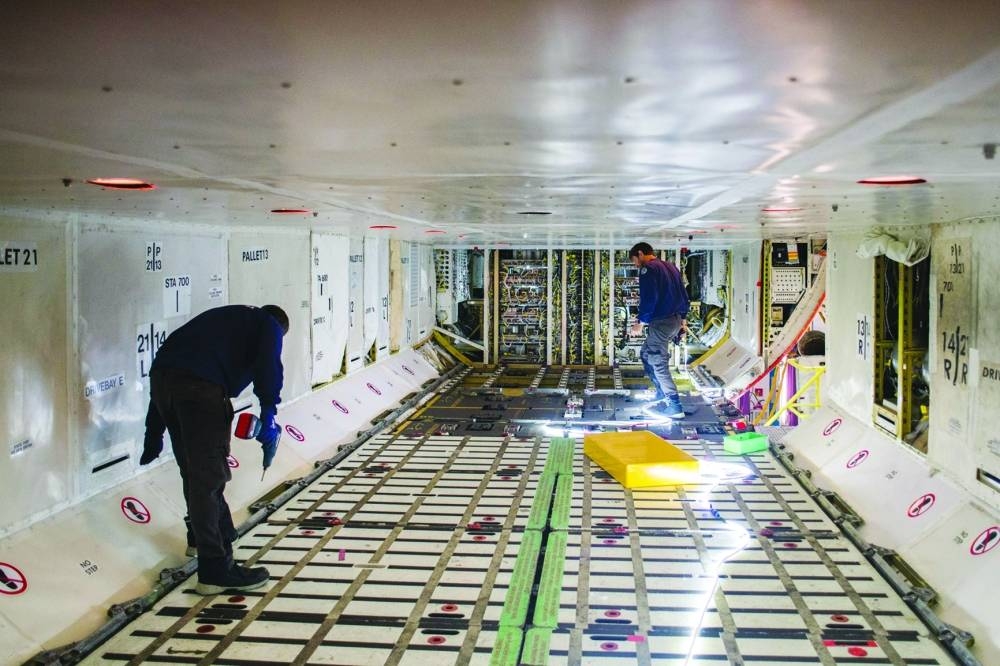| Beyond the Tarmac |
The growth of e-commerce and proliferation of lithium batteries in global supply chains are two indicators that the number of dangerous goods shipments will grow. To handle them safely, the industry must further improve compliance with global standards.
The carriage of lithium batteries and other potentially dangerous goods on air transport continues to present a significant safety risk.
In March this year, for example, Qatar Airways diverted a New Delhi-Doha flight to Karachi in Pakistan following the detection of smoke in the cargo hold. The incident is thought to have been caused by lithium batteries.
Unless remedial action is taken, the risk caused by the transport of lithium batteries will only increase. This is due to the accelerating rate of improvement in the energy density of a battery. Consumers are demanding more from their battery life and capability, and manufacturers are working hard to deliver.
Regulations cannot match this pace of development, rarely proceeding at anything other than a glacial pace.
“This issue is not getting the attention it deserves,” said Andres Bianchi, CEO, LATAM Cargo, at the 78th IATA AGM in Doha in June. “It is my first concern from a safety perspective,” Bianchi noted.
A four-step process will go some way to mitigating the danger. The first step is creating awareness. The lithium battery market is growing 30% annually, bringing many new shippers into air cargo supply chains. But compliance with existing regulations is difficult as they are complex and can be hard to understand.
This creates an evolving risk of undeclared or misdeclared shipments.
The aim is to help shippers understand the potential risk and whether there are dangerous goods in what they are trying to ship.
The second step is appropriate standards, processes, and regulation. IATA has called for the development of outcome-based, harmonised safety-related screening standards and processes for lithium batteries. This would support the safe transport of lithium batteries and provide an efficient process for compliant shippers of lithium batteries.


